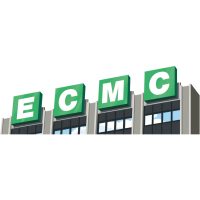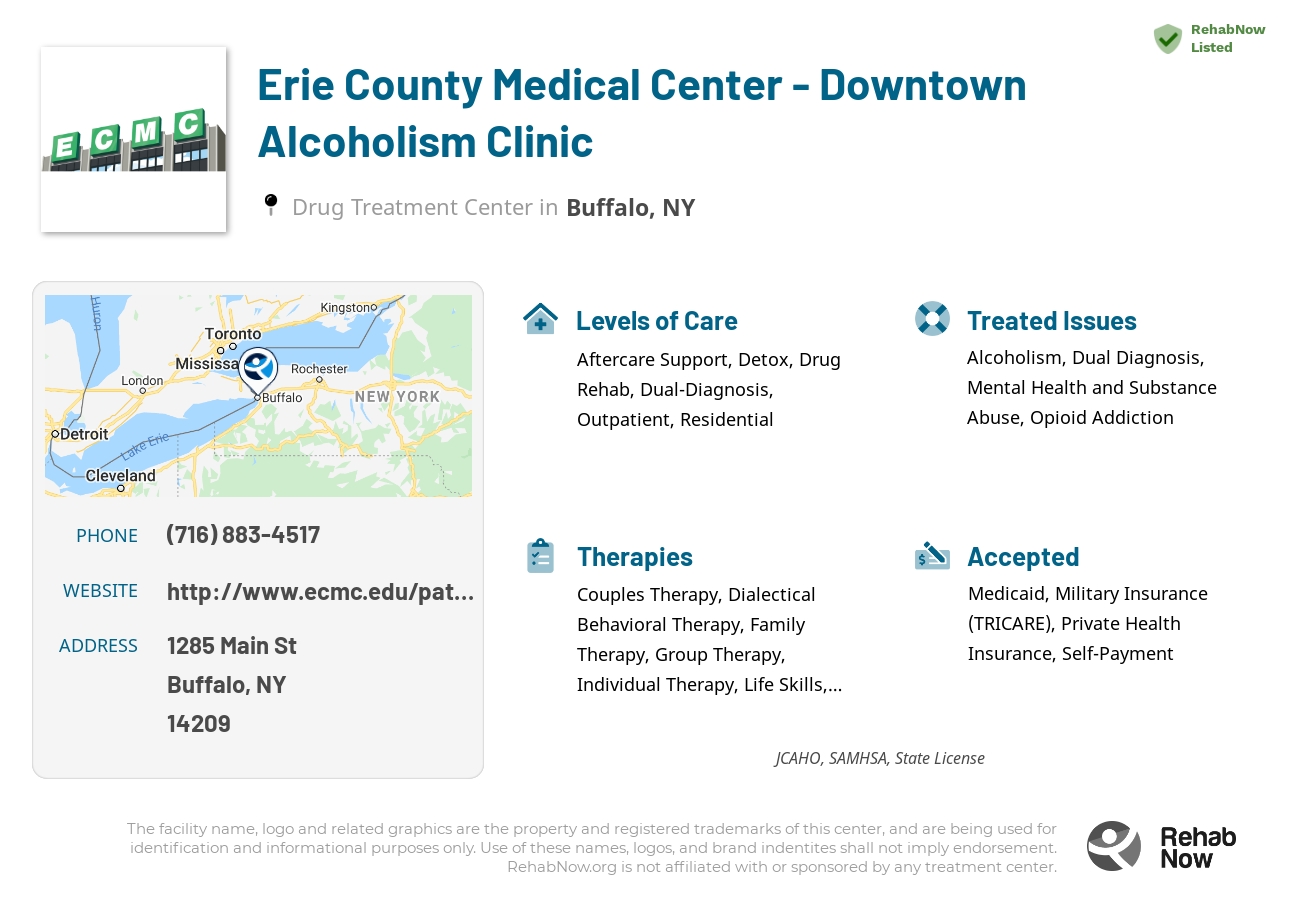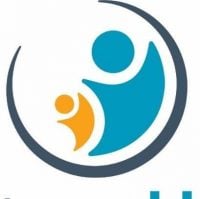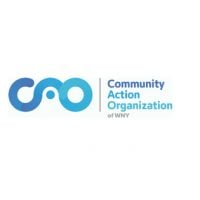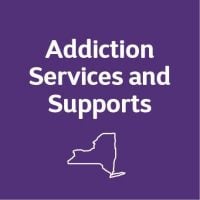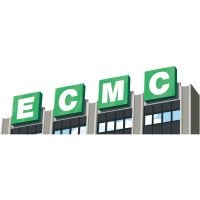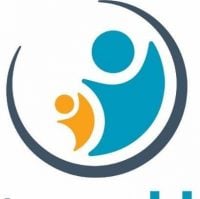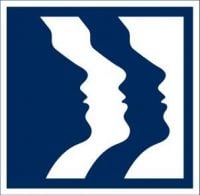Erie County Medical Center - Downtown Alcoholism Clinic
Drug Rehab Center in Buffalo, New York
ECMC - Downtown Alcoholism Clinic in Buffalo, New York offers reputable treatment for alcoholism, opioid addiction, dual diagnosis, drug addiction, substance abuse, and mental health issues, with a range of comprehensive services, certifications, and personalized treatment plans to support individuals on their path to recovery and improved mental health with private health insurance accepted.
About This New York Facility
Westfall Associates, located in Rochester, New York, is a treatment facility specializing in substance abuse and chemical dependency issues, including prescription medications and tobacco products. With a commitment to individualized care, Westfall Associates stands out for its tailored treatment plans and comprehensive services, ensuring that each client receives the highest quality of care delivered with compassion.
- Individualized Treatment Plans: Each client receives a customized treatment plan, designed to meet their unique needs.
- Multi-disciplinary Team: A team of professionals offers a wide range of comprehensive and integrated services.
- Employer Services: Includes education, drug testing, policy development, smoking cessation, and health risk assessments.
Westfall Associates holds accreditations from reputable organizations, ensuring their programs meet high standards of quality and effectiveness. Their approach includes a variety of services aimed at substance abuse and chemical dependency, from education and consultation to chronic pain and stress management.
The facility addresses a broad spectrum of addictions, including prescription medications and tobacco products, employing a variety of treatment methods. These methods are delivered through an individualized care plan, supported by a multi-disciplinary team, to provide the most effective levels of care for each client.
Genders
Ages
Modality
Additional
Accreditations
State License
SAMHSA

JCAHO
Conditions and Issues Treated
Opioid addiction treatment helps people addicted to opioids in New York curb their drug use. The selection of a treatment setting depends on the severity of the addiction. Mild cases are usually treated in outpatient facilities; severe cases need hospitalization or treatment in a residential facility. Doctors use medicines along with counseling and behavioral therapies to treat the addiction. The treatment includes medication, counseling and therapy. It can also include group counseling, individual counseling and family counseling.
People with dual diagnosis have coexisting addiction and a mental disorder. 9.2 million US adults had a co-occurring disorder in 2018, so not just limited to New York residents. Best treatment combines medication, psychotherapy (talk therapy), support group, and inpatient rehabilitation. Sometimes, complementary therapies – yoga, massage, and acupuncture – may also be used.
Levels of Care Offered at Erie County Medical Center - Downtown Alcoholism Clinic
This center offers a variety of custom treatment tailored to individual recovery. Currently available are Aftercare Support, Detox, Drug Rehab, Dual-Diagnosis, Outpatient, Residential, with additional therapies available as listed below.
Detox is the stage of recovery where the drugs or alcohol are entirely removed from your body. There are two different ways to detox, with medications and without. For many drugs and alcohol, the acute phase of detox can be completed in a number of days.
Outpatient treatment plans cover diagnosis, detoxification, management, and counseling. They are a popular option for those who have graduated from inpatient facilities. Services in New York include medication-assisted treatment (MAT) and individual and group therapy.
Residential treatment programs are those that offer housing and meals in addition to substance abuse treatment. Rehab facilities that offer residential treatment allow patients to focus solely on recovery, in an environment totally separate from their lives. Some rehab centers specialize in short-term residential treatment (a few days to a week or two), while others solely provide treatment on a long-term basis (several weeks to months). Some offer both, and tailor treatment to the patient’s individual requirements.
After treatment, addiction treatment can be frightening for newly sober people. Aftercare support provided by Erie County Medical Center - Downtown Alcoholism Clinic is designed to give resources and help on a continued basis. It can involve finding housing in and around New York, setting up 12-step meeting groups, continued medical monitoring, and counseling.
Therapies & Programs
Couples therapy aims to rebuild the trust between the partners. Partner’s involvement in the process will result in greater chances of treatment success. Couples therapy addresses financial issues, loss of trust, lack of intimacy, and physical abuse.
Family therapy is a set of therapeutic approaches that assumes that the entire family is a system. It utilizes the strengths and resources of the family to help the patient refrain from resorting to substance abuse. The impact of substance abuse is not just on the patient but on the entire family. Family therapy ensures that the patient gets adequate support from the family members after the treatment making the recovery process sustainable
- Family therapy guides all the members of the family to help the patient.
- It helps to repair relationships and improve communication between family members.
- It helps to keep the patient engaged and motivated throughout the treatment.
Group therapy is an important tool in recovery. Finding a peer group in Buffalo, NY and others who relate to your situation is a fundamental tool for recovery at Erie County Medical Center - Downtown Alcoholism Clinic. Addiction tends to lead to isolation and feelings of uniqueness. The accountability and friendship that is found in group therapy can be more effective than any single other treatment approach. This is generally introduced early in recovery and is recommended as a lifetime treatment habit.
Trauma therapy is a way of addressing trauma while in a safe situation in order to heal. This may involve Erie County Medical Center - Downtown Alcoholism Clinic managing individual or group counseling or both. Other forms of therapy have been proven to assist in healing past traumas.
A type of cognitive-behavioral therapy is Dialectical Behavioral Therapy. It is intended for those who are vulnerable to self-harm and suicidal thoughts. Erie County Medical Center - Downtown Alcoholism Clinic aims to help patients understand the connection between their feelings, emotions, and behaviors and provide them with the tools to make a difference in Buffalo, NY. For those whose addictions and habits originate from severe mental health problems, it is beneficial.
Negative feelings are common in substance abuse disorders. If not recognized, they can cause co-occurring disorders. CBT involves strategies that help to change the thinking and behavioral pattern. It can be administered as a monotherapy as well as a part of combination therapy.
Rational Emotive Behavioral Therapy (REBT) is a variation of Cognitive Behavioral Therapy (CBT) that helps people understand how maladaptive, negative, and habitual thoughts and feelings lead to bad life choices. REBT is based on the idea that people operate under many irrational but habitual patterns of thought that fuel harmful practices.
Rehabilitation is not just limited to bringing an individual out of addiction and achieving sobriety. It is considered complete only when an individual starts leading a normal and balanced life. Life skill therapy focuses on the various skills that help an individual to lead a normal life. Patients often do not take care of themselves, struggle professionally, and withdraw from social interaction due to addiction’s physical and emotional disturbances.
Life skills therapy helps people in New York improve various personal, professional, and social skills such as cooking healthy meals, maintaining proper hygiene, budgeting, decision-making, time management, regulation of emotions, and effectively resolving interpersonal conflicts.
Payment Options Accepted
For specific insurance or payment methods please contact us.
Is your insurance accepted?
Ask an expert, call (888) 674-0062
Erie County Medical Center Associated Centers
Discover treatment facilities under the same provider.
- ECMC - Downtown Clinical Services in Buffalo, NY
- Erie County Medical Center - Regional Center of Excellence for Behavioral Health in Buffalo, NY
- ECMC - The Regional Center of Excellence for Behavioral Health in Buffalo, NY
- Erie County Medical Center - Northern Erie Clinical Services in Buffalo, NY
- ECMC - Outpatient Services in Buffalo, NY
Learn More About Erie County Medical Center Centers
Additional Details
Specifics, location, and helpful extra information.
Buffalo, New York 14209 Phone Number(716) 883-4517 Meta DetailsUpdated April 15, 2024
Staff Verified
Patient Reviews
There are no reviews yet. Be the first one to write one.
Buffalo, New York Addiction Information
More than 2 million New Yorkers are currently suffering from some type of substance abuse and many of those are minors. Alcohol abuse, in particular, is prevalent among those underage. As a result of the high prices and regulation of prescription drugs, many New Yorkers turn to heroin instead. This has led to a serious heroin epidemic in the state.
10.8% of New Yorkers aged 12-17 reported using an illicit drug. In Buffalo, NY, the number of drug overdose deaths increased from 33 in 2015 to 70 in 2016. Methamphetamine use is rising in Buffalo, with more meth seized in 2017 than any other year on record. Buffalo is home to several treatment facilities. Treatment typically begins with a detoxification process, followed by individual and group therapy.
Treatment in Nearby Cities
- Hempstead, NY (310.4 mi.)
- Ellenville, NY (243.0 mi.)
- Tarrytown, NY (286.9 mi.)
- Ballston Spa, NY (254.0 mi.)
- Yorktown Heights, NY (284.6 mi.)
Centers near Erie County Medical Center - Downtown Alcoholism Clinic
The facility name, logo and brand are the property and registered trademarks of Erie County Medical Center - Downtown Alcoholism Clinic, and are being used for identification and informational purposes only. Use of these names, logos and brands shall not imply endorsement. RehabNow.org is not affiliated with or sponsored by Erie County Medical Center - Downtown Alcoholism Clinic.
